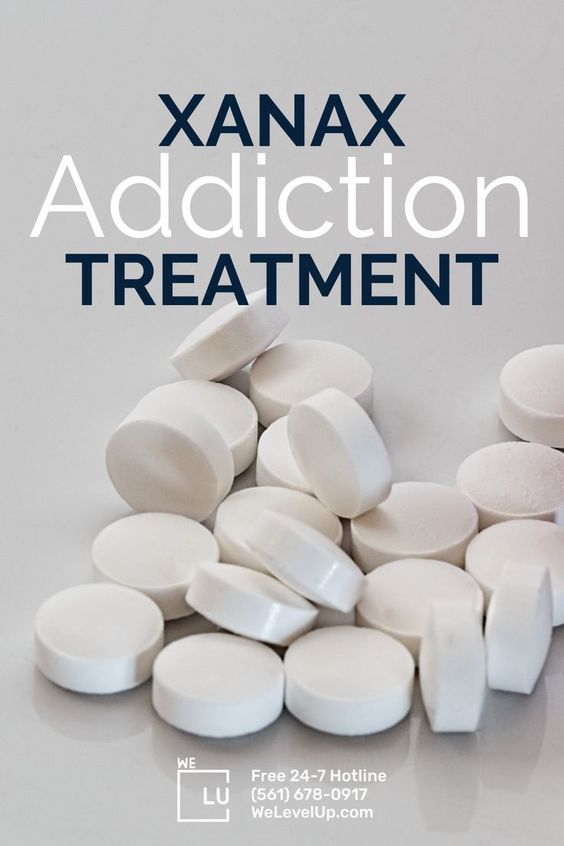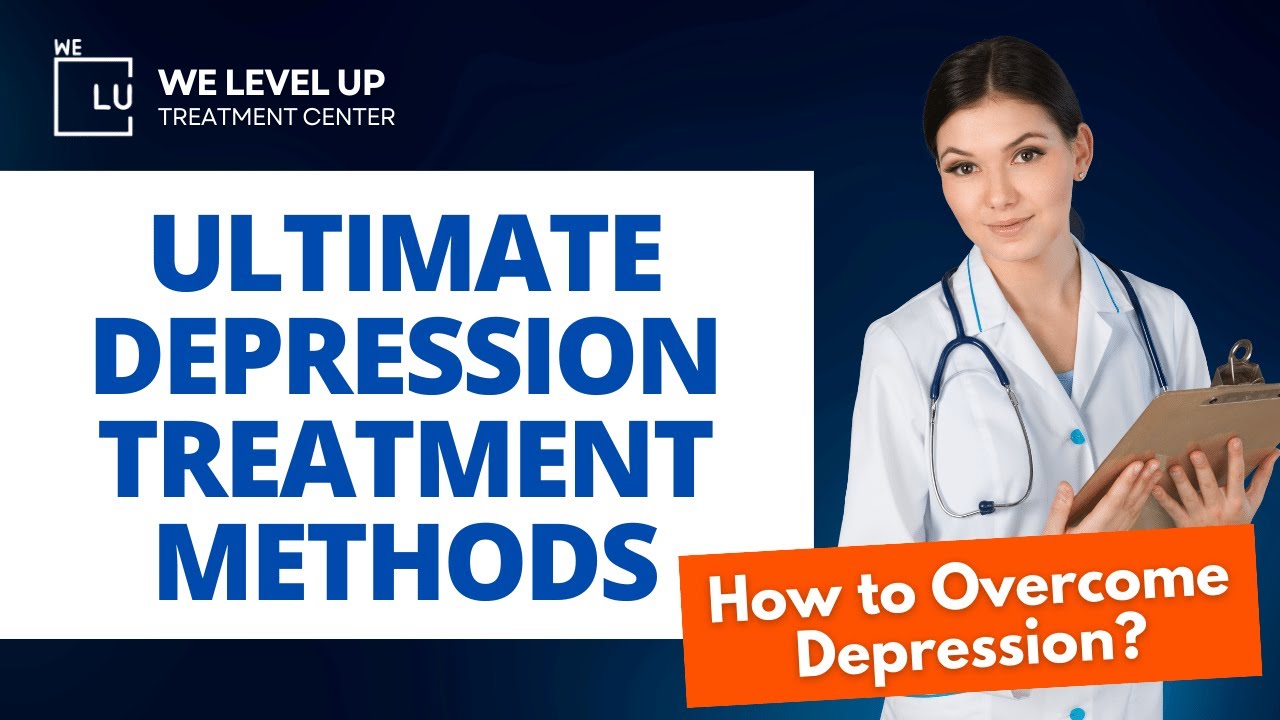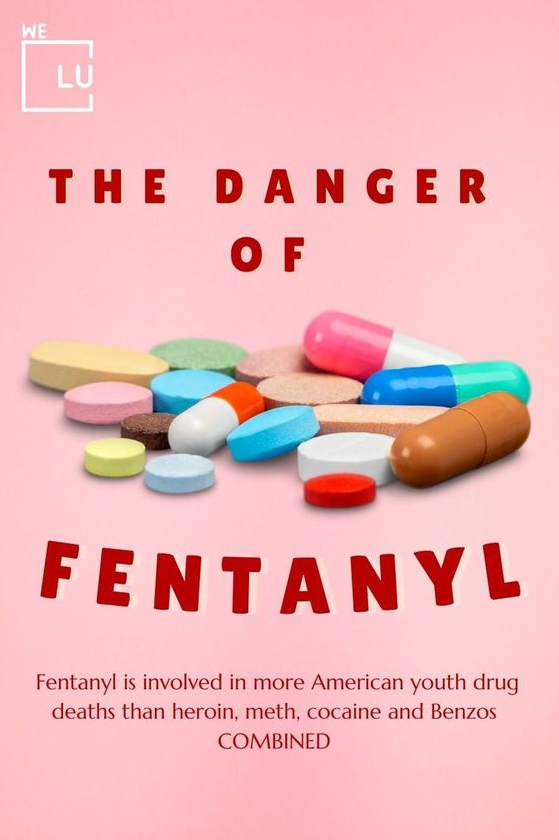Successfully navigating marijuana detox involves understanding cannabis withdrawal signs, safety measures, detox duration, and drug testing, along with exploring available remedies and guidance.
Cannabis, known as “weed,” contains the psychoactive compound THC. With alcohol coming in first globally, cannabis is the illicit substance most often abused, particularly in the US. Despite THC being less dangerous than some drugs, it has links to mood and memory issues and the potential for addiction.
Seeking professional help during marijuana detox is crucial for a safer and more effective process, providing essential support for both physical and psychological aspects.
Make this your opportunity to reclaim your life. Call We Level Up Texas 24/7 for a free consultation. Every call is free and confidential.
How Long Does the Weed Stay in Your System?
The duration of cannabis detection in your system varies based on factors like metabolism and how often you use it. THC, one of the primary components in marijuana responsible for its euphoric effects, is typically present in urine for up to 30 days. However, for occasional users, this period may be shorter. Saliva and blood tests, commonly used for detection, usually have a narrower window, capturing usage within a few hours to a few days after consumption.
Effects of Marijuana
Individuals have experimented with various methods to experience the effects of marijuana. Typical practices involve smoking weed through hand-rolled joints or pipes, while some opt for vaporizers as an alternative consumption method. People are also making edibles like brownies and biscuits infused with cannabis, as well as in tea, butter, and oils.
The effects of marijuana kick in when THC, its psychoactive component, enters the bloodstream and heads to the brain.
The short-term effects of marijuana include:
- Euphoria.
- Relaxation.
- Heightened sensory perception.
- Altered sense of time.
- Increased appetite, also known as “munchies.”
- Laughter.
- Creativity.
- Reduced anxiety and stress.
- Sleepiness or drowsiness.
Marijuana Dependence
The effects of marijuana abuse can be psychologically and physically harmful. Physically, weed may produce nausea, vomiting, elevated heart rate, and breathing difficulties.
Psychologically, there is a chance of developing depression, anxiety, or even suicidal thoughts, hallucinations, paranoia, and disordered thought patterns.
Due to the high risk of low birth weight, early birth, and other adverse effects, pregnant women should avoid marijuana usage. While fatal overdoses are uncommon, severe symptoms such as anxiety, paranoia, and even psychotic responses can happen and force patients to seek medical attention—often in an emergency room—instead of waiting for assistance.
Marijuana Withdrawal Symptoms
Long-term heavy cannabis use can cause dependency. Withdrawal symptoms can occur when someone quits, but not everyone experiences them as their body adjusts.
Individual responses to marijuana detox vary. However, the general withdrawal symptoms of marijuana include:
- Irritability.
- Insomnia.
- Loss of appetite.
- Mood swings.
- Anxiety.
- Nausea.
- Headaches.
- Sweating.
- Fatigue.
- Difficulty concentrating.
A few of these withdrawal symptoms accompanying cannabis detox might make it challenging to stop using the drug (or increase the likelihood of relapsing without the right support system).
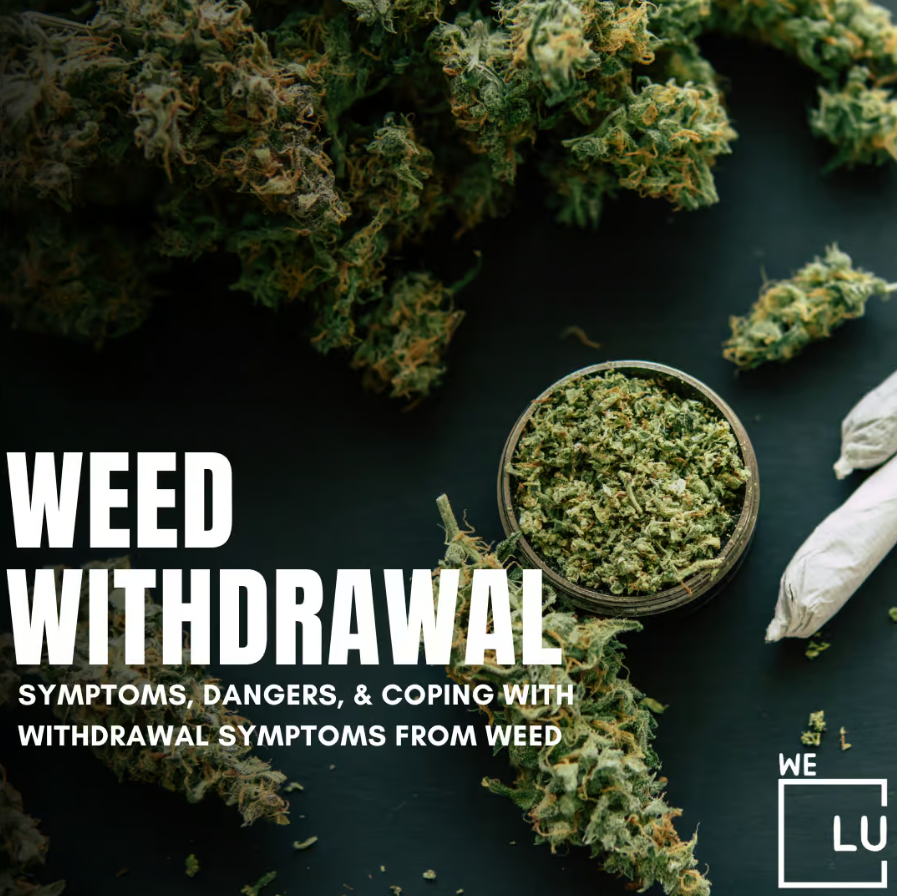
Skip To:
Learn More:
How Long Do Weed Withdrawals Last?
Based on different factors, including frequency and length of usage, other people have different durations of withdrawal from cannabis. Following a marijuana withdrawal, acute withdrawal symptoms often persist for one to two weeks. But after a few weeks, some people can continue to feel the consequences, including mood swings and irregular sleep habits.
Withdrawals can vary in intensity and length, and getting expert guidance can help you navigate the process.
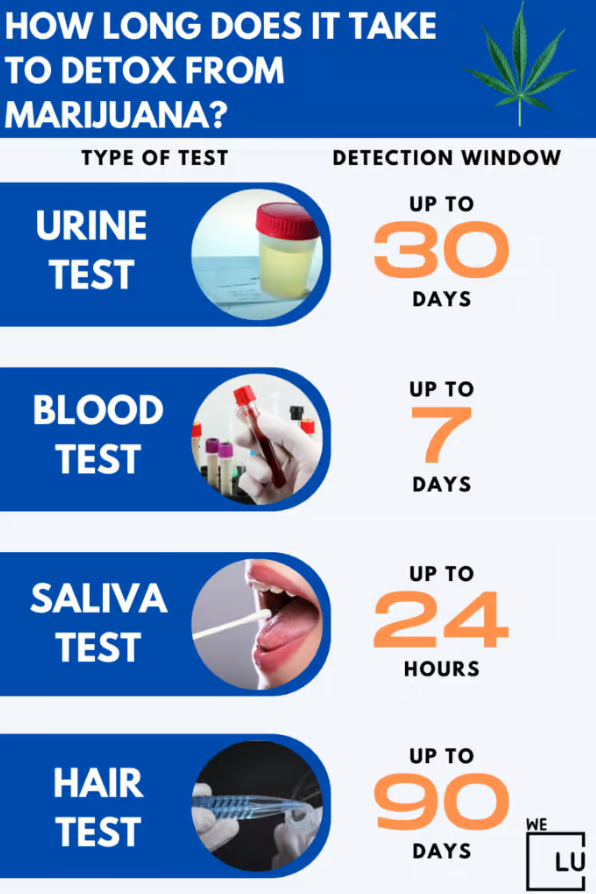
Marijuana Withdrawal Timeline Chart
| Time After Quitting | Withdrawal Symptoms |
|---|---|
| 1-3 Days | Irritability, insomnia, loss of appetite |
| 4-7 Days | Mood swings, anxiety |
| 1-2 Weeks | Nausea, headaches, sweating |
| Beyond 2 Weeks | Fatigue, difficulty concentrating |
How Long Does It Take To Detox From Weed?
The length of time it takes to detox from marijuana in a medically supervised setting varies depending on things like the user’s dosage and general health. The goal of the one- to two-week detox procedure is to manage withdrawal symptoms. However, the overall rehab stay for marijuana dependence can vary, ranging from a few weeks to several months, depending on the individual’s progress and the rehab center’s approach.
What Do Marijuana Drug Tests Look For?
Tetrahydrocannabinol (THC), a psychoactive ingredient in marijuana, and tiny levels of cannabis are typically the focus of marijuana drug testing.
Urine samples from infrequent cannabis users may only show positive for a few days after the previous use if they use cannabis less than twice a week. However, if you regularly use marijuana, this might lead to a situation where your urine samples test positive for THC for more than seven days, and occasionally even up to 30 days.
If you’re detoxing from marijuana, get treatment counseling that works. Discover professional help from We Level Up Texas’ addiction and mental health therapists. Start getting support with a free call to our addiction hotline.
Get Help. Get Better. Get Your Life Back.
Searching for Accredited Drug and Alcohol Rehab Centers Near You? We Level Up Texas Is Opening Soon!
Even if you have failed previously and relapsed, or are in the middle of a difficult crisis, we stand ready to support you. Our trusted behavioral health specialists will not give up on you. When you feel ready or just want someone to speak to about therapy alternatives to change your life call us. Even if we cannot assist you, we will lead you to wherever you can get support. There is no obligation. Call our network hotline today.
FREE Addiction Hotline – Call 24/7How To Detox From Marijuana?
Relapse is more likely when detoxing only from cannabis since withdrawal symptoms can be challenging to manage without a solid support network. Choosing a treatment center offers peer and medical professional support throughout this difficult time.
While there are usually fewer physical concerns associated with cannabis detox than with other substances, it’s still important to keep an eye out for dehydration and gastrointestinal problems. Precautions such as keeping hydrated and a companion nearby might be beneficial. Furthermore, it is typical to cope with psychological shifts during detoxification, and in a treatment center, mental health specialists may help with mending anxiety and depression treatments.
Medications for Marijuana Detox and Weed Detox Symptoms
Pharmacological interventions, such as CB receptor agonists and other medications that can be used to treat particular withdrawal symptoms, like anxiety, can help treat cannabis withdrawal. People who are trying to get and stay sober have found success with behavioral interventions and personal therapy.
Warnings About Detoxing From Weed on Your Own
Detoxing from weed alone increases the risk of relapse due to uncomfortable withdrawal symptoms and a lack of support. While physical risks are usually less severe than with other drugs, stomach issues as well as dehydration are critical symptoms. Staying hydrated and having support nearby can help. Post-detox, many people face psychological adjustments, and in a treatment facility, mental health professionals can assist in navigating anxiety and depression in a healing way.
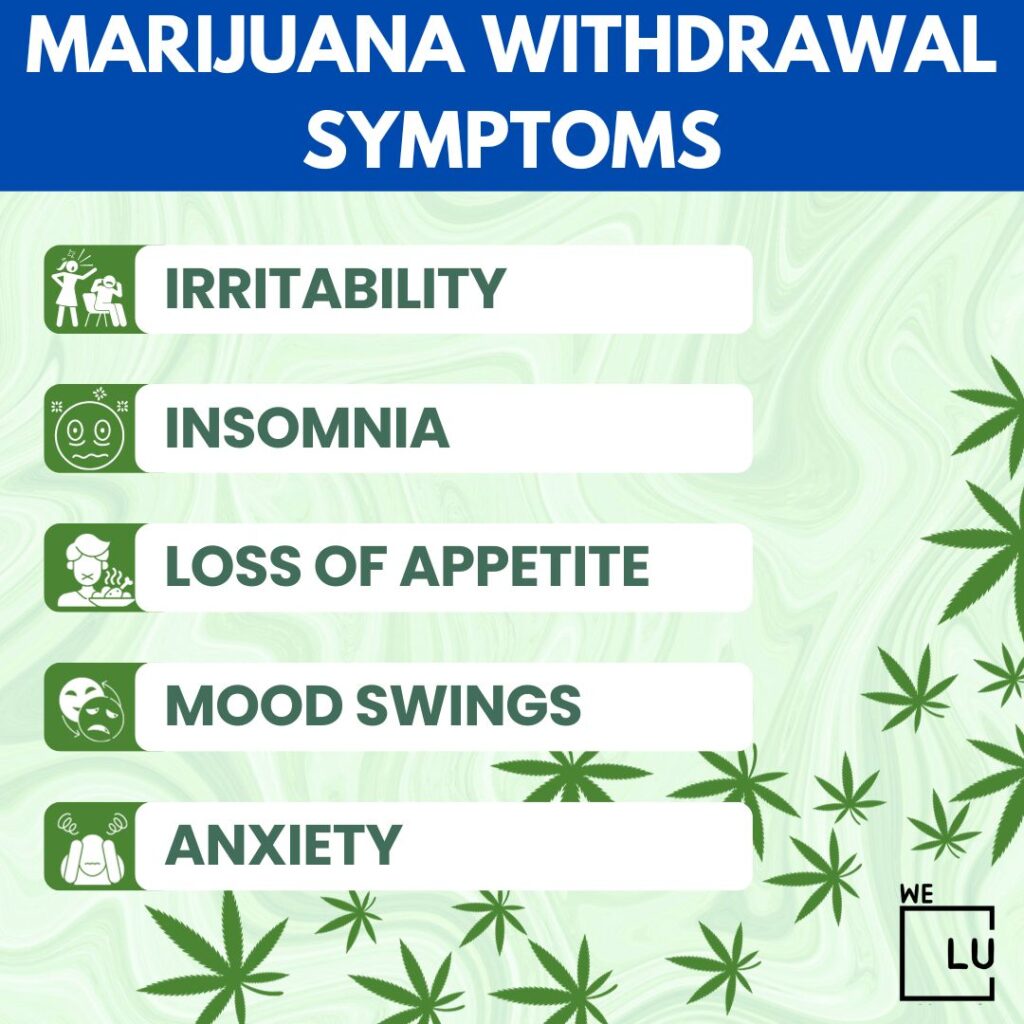
Starting a marijuana detox at home has hazards and difficulties, so it’s essential to go cautiously and consider professional counsel. Although they are usually not fatal, withdrawal symptoms can be unpleasant and include mood changes, irritability, and sleeplessness. It’s important to realize that different people respond differently to at-home detoxification techniques, and others may need more extensive assistance.
The safety and effectiveness of over-the-counter detox kits and unproven therapies are yet unknown. Thus, expert opinion strongly advises against depending only on them. Although some solutions claim to provide fast results for passing drug tests, their dependability is in doubt and may set unrealistic expectations.
Attempting a home detox without medical supervision may also be harmful to one’s mental health, particularly for those who get anxious or depressed quickly. It’s best to speak with a medical expert or addiction specialist to develop a customized detox plan that takes into account each person’s unique needs, usage habits, and any potential psychological issues. Exercising caution while doing a marijuana detox at home is necessary, and consulting a professional is essential to guarantee a secure and efficient procedure that reduces dangers and maximizes the likelihood of success.
Detox Kit for Weed and Detox Drinks for Marijuana
Online and in shops, marijuana detox kits and cleanses advertise that they can help you pass a drug test even if you’ve just used marijuana. Nevertheless, these kits have no explicit safety and efficacy regulations in the US. Not only may they be ineffective, but they can also cause uncomfortable side effects, as seen in a case of psychosis related to a detox kit. If you’re struggling to quit in time for a drug test, it’s advisable to consult with your doctor or a reliable substance abuse treatment center for guidance on treatment options.
The best detox for weed is with professional support. If you’re seeking assistance with your rehab journey, reach out to a We Level Up Texas treatment professional today—your call is free and confidential.
Opening Soon! First-Class Facilities & Amenities
World-Class High-Quality Addiction & Mental Health Rehabilitation Treatment
Coming Soon! Rehab Centers TourRenowned Addiction Centers. Serene Private Facilities. Inpatient Rehab Programs Vary.
FREE Addiction Hotline – Call 24/7Proven recovery success experience, backed by a Team with History of:
- 15+ Years Experience
- 100s of 5-Star Reviews
- 10K+ Recovery Successes
- Low Patient to Therapist Ratio
- Onsite Medical Detox Center
- Comprehensive Dual-Diagnosis Treatment
- Complimentary Family & Alumni Programs
- Coaching, Recovery & Personal Development Events
Tips on How To Detox Weed
Setting off on a cannabis detoxification journey may be a life-changing event, and using practical advice can make the process even better. These suggestions are meant to assist people in their pursuit of a happier, healthier, marijuana-free living. They range from mindful exercises to lifestyle modifications. These suggestions give direction on managing the detox process with intention and self-care, regardless of your preference for a practical or holistic approach.
- Hydrate: Drink plenty of water to help flush out toxins.
- Exercise: Engage in physical activity to boost metabolism and sweat out THC.
- Healthy Diet: Consume nutritious foods to support overall health and recovery.
- Rest: Ensure adequate sleep for the body to rejuvenate during detox.
- Sauna or Hot Baths: Promote sweating to eliminate toxins through the skin.
- Supportive Community: Surround yourself with understanding and encouraging individuals.
- Professional Guidance: Seek advice from healthcare professionals or addiction specialists for personalized support.
- Mindfulness Practices: Incorporate meditation or yoga to manage stress and promote mental well-being.
- Distraction Techniques: Keep yourself occupied with hobbies or activities to redirect focus.
- Patience: Understand detox is a gradual process; be patient with yourself.
The United States’ decision to legalize marijuana has spurred debates on the drug’s potential effects on addiction treatment. Although many support marijuana’s medicinal advantages, worries about an increase in addiction cases are raised.
Others claim that legalization may make drugs more accessible and mainstream their use, which would make addiction issues worse. On the other hand, proponents argue that legalizing might reduce the stigma attached to marijuana use and motivate those who are battling drug abuse issues to seek treatment without fear of legal ramifications. Finding a balance between legalizing and putting in place efficient addiction treatment programs is the problematic part.
Marijuana Detox Infographics
The infographic below focuses on cannabis, commonly known as “weed,” which contains the psychoactive compound THC. Globally, cannabis is the most frequently abused illicit substance after alcohol, especially in the US. Although THC is less harmful than certain drugs, it is associated with mood and memory problems and can lead to addiction.
Seeking professional assistance during marijuana detox is essential for a safer and more successful process, offering crucial support for both physical and psychological aspects.
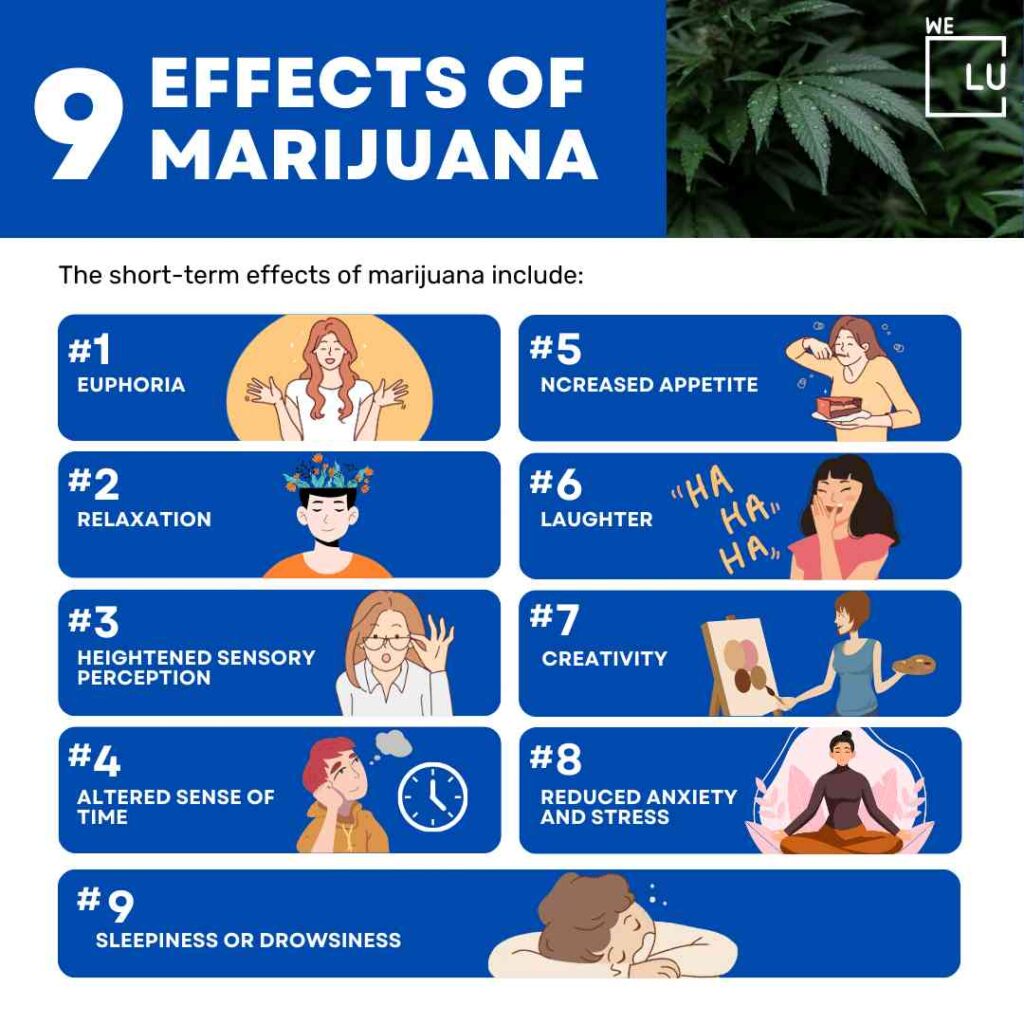
Embed the below “9 Effects of Marijuana” Infographic to your Website. This infographic is provided by the We Level Up addiction treatment center team. To use the below infographics, you agree to link back and attribute its source and owner at https://weleveluptx.com/marijuana-detox/
9 Effects of Marijuana Infographic image link: https://weleveluptx.com/wp-content/uploads/2024/03/9-Effects-of-Marijuana-1024×1024.jpg
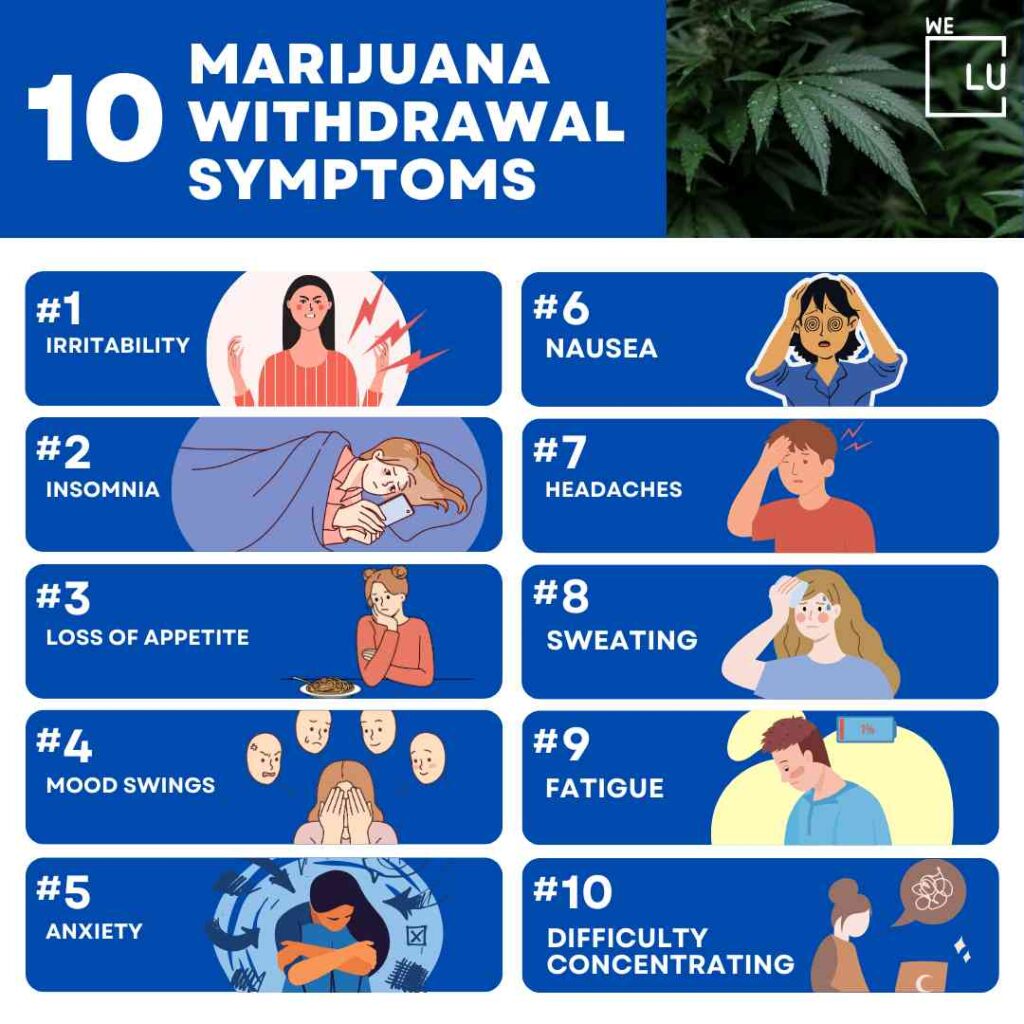
Embed the below “10 Marijuana Withdrawal Symptoms” Infographic to your Website. This infographic is provided by the We Level Up addiction treatment center team. To use the below infographics, you agree to link back and attribute its source and owner at https://weleveluptx.com/marijuana-detox/
10 Marijuana Withdrawal Symptoms Infographic image link: https://weleveluptx.com/wp-content/uploads/2024/03/10-Marijuana-Withdrawal-Symptoms-1024×1024.jpg
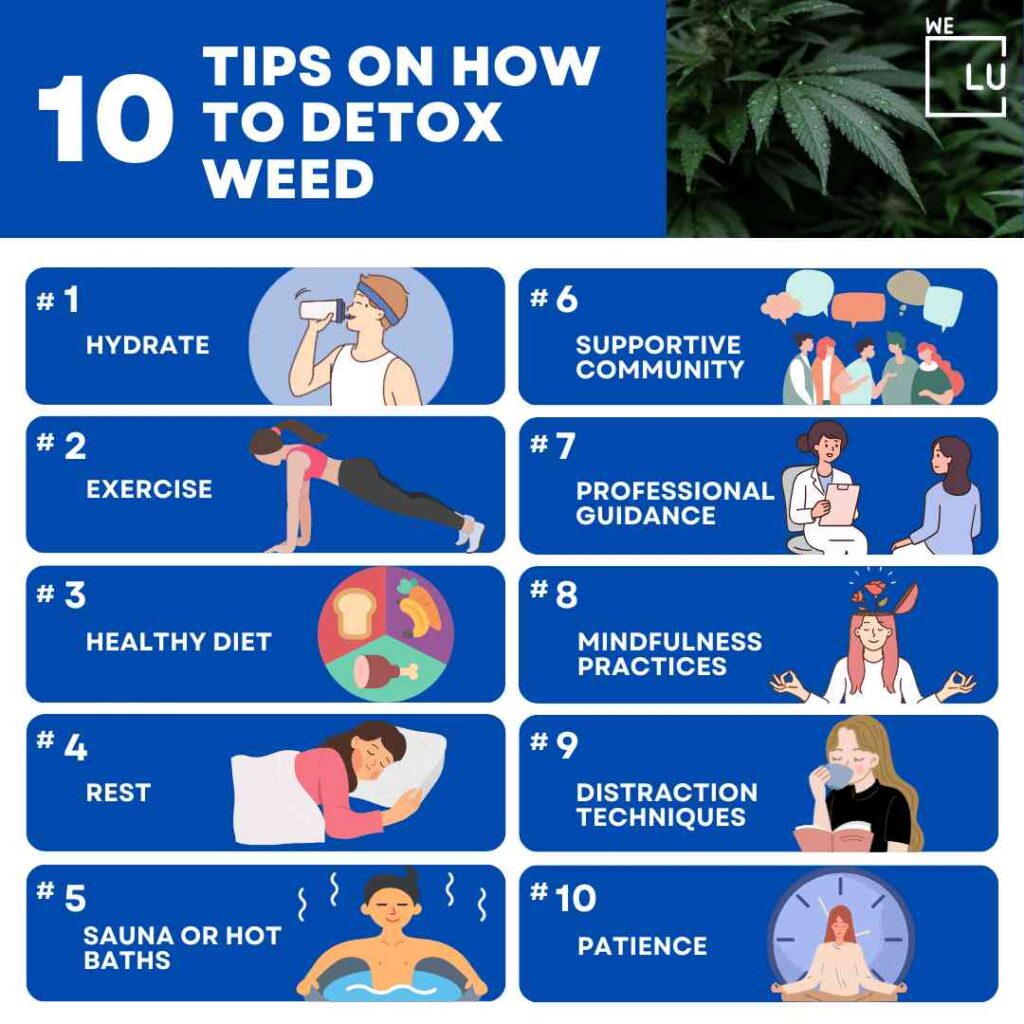
Embed the below “10 Tips on How To Detox Weed” Infographic to your Website. This infographic is provided by the We Level Up addiction treatment center team. To use the below infographics, you agree to link back and attribute its source and owner at https://weleveluptx.com/marijuana-detox/
10 Tips on How To Detox Weed Infographic image link: https://weleveluptx.com/wp-content/uploads/2024/03/10-Tips-on-How-To-Detox-Weed-1024×1024.jpg
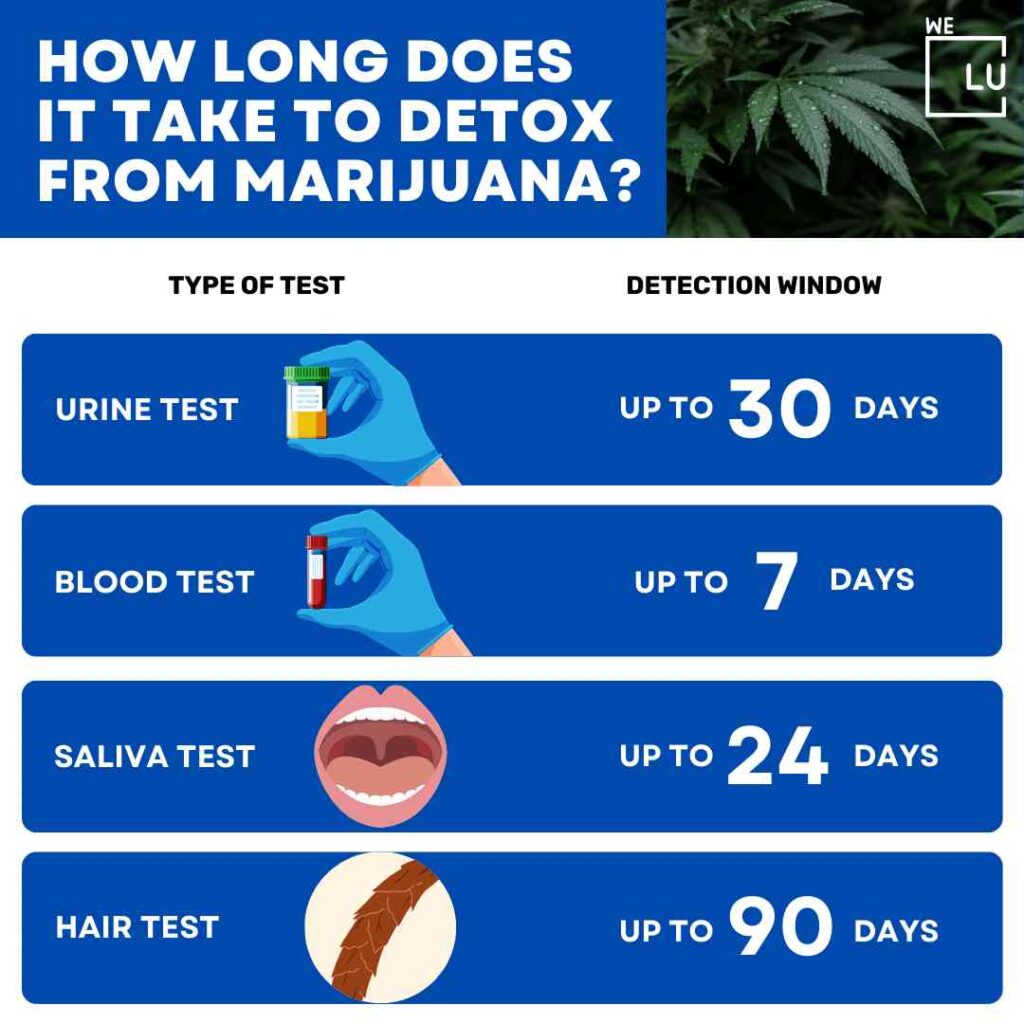
Embed the below “how long does it take to detox from marijuana” Infographic to your Website. This infographic is provided by the We Level Up Addiction Treatment Center team. To use the below infographics, you agree to link back and attribute its source and owner at https://weleveluptx.com/marijuana-detox/
how long does it take to detox from marijuana Infographic image link: https://weleveluptx.com/wp-content/uploads/2024/03/how-long-does-it-take-to-detox-from-marijuana-1024×1024.jpg

We Level Up Texas Marijuana Detox
For marijuana addiction, inpatient treatment is advised when patients need a controlled and encouraging setting to treat their dependency completely. To successfully address withdrawal symptoms, this intensive residential environment provides round-the-clock medical monitoring, therapeutic therapies, and support. Through counseling, group therapy, and skill-building sessions, inpatient rehab also offers a concentrated and comprehensive approach to address the psychological components of addiction that underlie it.
Because of the many ways that inpatient therapy helps to create a more regulated and encouraging atmosphere, it is highly advised for marijuana addiction. Relapse during the early phases of rehabilitation is less likely in the controlled setting because it limits external stimuli and distractions.
To provide people with a greater degree of care and support while they navigate the difficulties of eliminating marijuana dependency and building a foundation for sustained recovery, this all-encompassing approach takes into account both the medical and psychological elements of marijuana addiction.
Get a free rehab insurance check without any obligation. The result can help you explore several treatment options.
Withdrawal Symptoms From Weed (Marijuana) Timeline, Effects and Addiction Dangers | Informative Video
Start a New Life
Begin with a free call to an addiction & behavioral health treatment advisor. Learn more about our dual-diagnosis programs. The We Level Up treatment center network delivers recovery programs that vary by each treatment facility. Call to learn more.
- Personalized Care
- Caring Accountable Staff
- World-class Amenities
- Licensed & Accredited
- Renowned w/ 100s 5-Star Reviews
We’ll Call You
Search We Level Up Texas Marijuana Detox, Addiction Treatment Topics, and Resources
Sources
- Weinstein AM, Gorelick DA. Pharmacological treatment of cannabis dependence. Curr Pharm Des. 2011;17(14):1351-8. Doi: 10.2174/138161211796150846. PMID: 21524266; PMCID: PMC3171994. https://www.ncbi.nlm.nih.gov/pmc/articles/PMC3171994/
- Sharma P, Murthy P, Bharath MM. Chemistry, metabolism, and toxicology of cannabis: clinical implications. Iran J Psychiatry. 2012 Fall;7(4):149-56. PMID: 23408483; PMCID: PMC3570572. https://www.ncbi.nlm.nih.gov/pmc/articles/PMC3570572/
- Connor JP, Stjepanović D, Budney AJ, Le Foll B, Hall WD. Clinical management of cannabis withdrawal. Addiction. 2022 Jul;117(7):2075-2095. Doi: 10.1111/add.15743. Epub 2022 Jan 10. PMID: 34791767; PMCID: PMC9110555. Safer options on How can you detox from weed? Best Marijuana Detox and Safer alternatives for weed detox drinks, kits, and cleanses.
- Bonnet U, Preuss UW. The cannabis withdrawal syndrome: current insights. Subst Abuse Rehabil. 2017 Apr 27;8:9-37. Doi: 10.2147/SAR.S109576. PMID: 28490916; PMCID: PMC5414724. https://www.ncbi.nlm.nih.gov/pmc/articles/PMC5414724/
- Zehra A, Burns J, Liu CK, Manza P, Wiers CE, Volkow ND, Wang GJ. Cannabis Addiction and the Brain: a Review. J Neuroimmune Pharmacol. 2018 Dec;13(4):438-452. Doi: 10.1007/s11481-018-9782-9. Epub 2018 Mar 19. PMID: 29556883; PMCID: PMC6223748. https://www.ncbi.nlm.nih.gov/pmc/articles/PMC6223748/
- Patel J, Marwaha R. Cannabis Use Disorder. [Updated 2022 Jul 11]. In: StatPearls [Internet]. Treasure Island (FL): StatPearls Publishing; 2023 Jan-. Available from: https://www.ncbi.nlm.nih.gov/books/NBK538131/
- Budney AJ, Roffman R, Stephens RS, Walker D. Marijuana dependence and its treatment. Addict Sci Clin Pract. 2007 Dec;4(1):4-16. Doi: 10.1151/ascp07414. PMID: 18292704; PMCID: PMC2797098. https://www.ncbi.nlm.nih.gov/pmc/articles/PMC2797098/
- Svrakic DM, Lustman PJ, Mallya A, Lynn TA, Finney R, Svrakic NM. Legalization, decriminalization & medicinal use of cannabis: a scientific and public health perspective. Mo Med. 2012 Mar-Apr;109(2):90-8. PMID: 22675784; PMCID: PMC6181739. https://www.ncbi.nlm.nih.gov/pmc/articles/PMC6181739/
- National Academies of Sciences, Engineering, and Medicine; Health and Medicine Division; Board on Population Health and Public Health Practice; Committee on the Health Effects of Marijuana: An Evidence Review and Research Agenda. The Health Effects of Cannabis and Cannabinoids: The Current State of Evidence and Recommendations for Research. Washington (DC): National Academies Press (US); 2017 Jan 12. 4, Therapeutic Effects of Cannabis and Cannabinoids. Available from: https://www.ncbi.nlm.nih.gov/books/NBK425767/
- Turner AR, Agrawal S. Marijuana. [Updated 2022 Aug 22]. In: StatPearls [Internet]. Treasure Island (FL): StatPearls Publishing; 2023 Jan-. Available from: https://www.ncbi.nlm.nih.gov/books/NBK430801/
- Pacula RL, Smart R. Medical Marijuana (Cannabis) and Marijuana Legalization. Annu Rev Clin Psychol. 2017 May 8;13:397-419. Doi: 10.1146/annurev-clinpsy-032816-045128. PMID: 28482686; PMCID: PMC6358421. https://www.ncbi.nlm.nih.gov/pmc/articles/PMC6358421/

